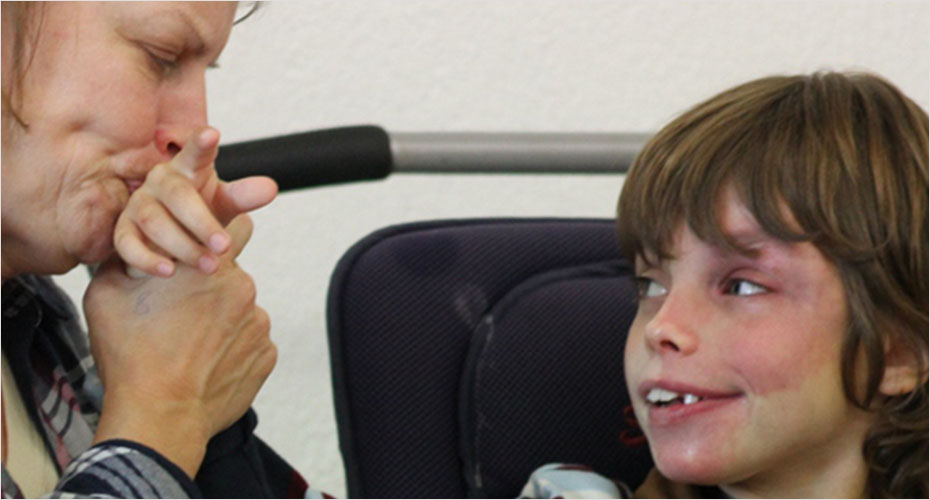What is research?
Find out more about what research is, how to find it, and how to interpret it.
PenCRU provides information about health research to empower families to get involved, understand the research cycle, and appraise evidence.
This section of the site explains what we mean by research, provides a glossary of research terms, a guide to help finding reliable information and links to advice on how to appraise and interpret the information you do find. We also have some stories about research from a child's perspective.
We carry out research to answer a specific question. This can involve analysing evidence from research that already exists, collecting new information to add to what is already known, or questioning what is generally believed about something.
Why do we need research?
Research evidence helps people to make informed decisions.
If families are trying to decide whether to try a particular treatment then there are many things to consider. For example, we might want to know how much it costs, how far we will have to travel for it, and most importantly whether there is any evidence that a particular treatment is effective for the goals that patients and carers think are important. A treatment may seem a good idea at first, but we may not know whether it will work. We need research in order to provide evidence of whether or not a particular treatment is effective, or whether it works only for some people.
Other types of health research focus on the way services are organised and delivered, for example whether or not they are efficient. Or research could be used to explore people's experience of conditions to help others understand how to improve their care. Sometimes research involves observing large numbers of people to gain insight into what factors influence better or worse outcomes.
The Research Cycle
Research projects go through a number of stages on the way to answering a question, shown in the View the Research Cycle. This cycle can sometimes be a long process. View a list of words used in research and find out what they mean.
1. Idea/concept
This is the starting place for any research project. Anyone can have an idea for research; it doesn't have to be complicated.
2. Research question
To start thinking about a research project we have to turn the idea into a structured research question. This should include a description of the group you are interested in (population), what you are going to do to the group (intervention), what you are comparing the intervention with (control or comparator) and what you want to achieve/hope will happen (outcome).
3. Prioritising
Not all questions can become research projects. We have to consider whether a research study is feasible to answer a question, whether we have the right skills and resources, and whether a study is likely to be funded
4. Planning/designing
There are lots of different ways of designing research depending on the question. Research might involve collecting people's opinions and views about something, or comparing groups of people (e.g. people who are having a treatment compared with people who are not). We also need to think about things like the timescale of our research, how many people we need to take part and how we are going to find them. The outcome of this stage is a ‘research protocol’.
5. Seeking funding
In order to carry out a research project we have to apply for funding. Lots of organisations fund research including the Department of Health through the National Institute for Health Research and also charities. Competition is very high and realistically most projects do not get funded.
6. Ethics approval
Most research that collects new data from people has to be approved by an ethics committee before it starts. The committee will think about things like confidentiality and any possible harm that might be associated with taking part.
7. Collecting the data
Carrying out the stages described in the research protocol for collecting the information (data) that will help us to answer our research question.
8. Analysing the data
We need to analyse the data in the way we described in the protocol so that it can answer our research question. The type of analysis we use will depend on the design of the study, the way we collect the data and the question being asked.
9. Interpreting results and drawing conclusion
When we have analysed the data we need to think about what the results mean and decide which are the important findings. We also need to consider how to interpret the findings in light of what is already known about the topic.
10. Telling people about the findings
It is important that all the relevant people (service users, practitioners, researchers and decision makers) know about our research findings. There are lots of different ways of telling people about research including giving talks, writing articles for journals, plain language summaries, press releases, information leaflets and putting information on websites.
11. Changing practice
If research findings are important and we have done a good job of telling people about them, they can lead to a change in practice, for example, whether a particular treatment is routinely recommended by doctors.
12. Re-evaluate
Answering one research question often leads to more questions, which can lead to further research.


